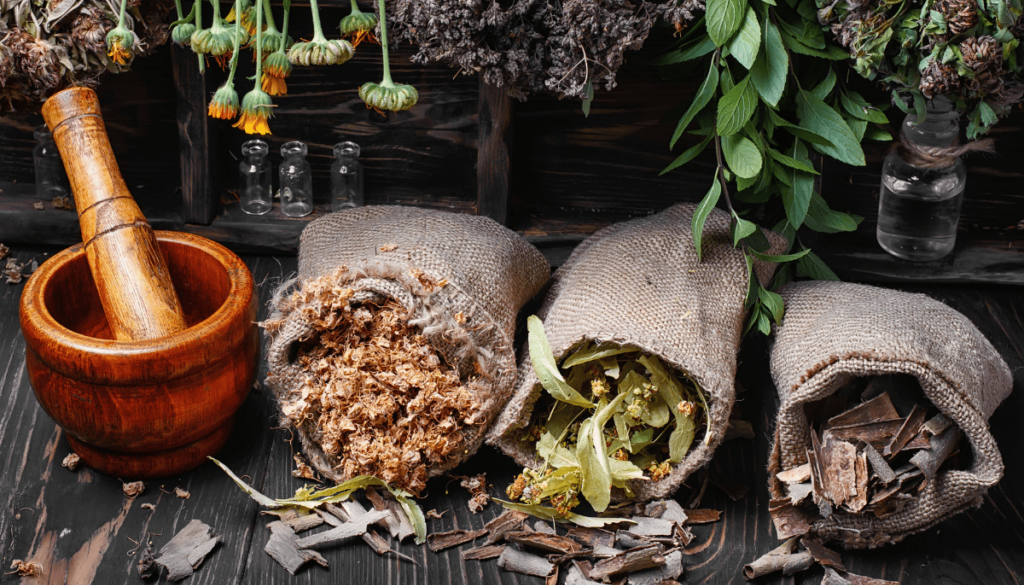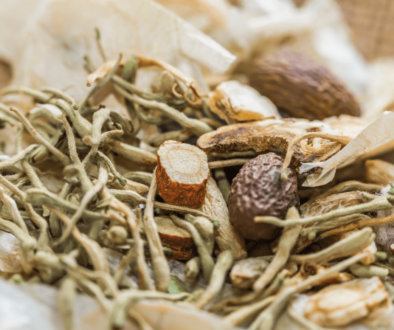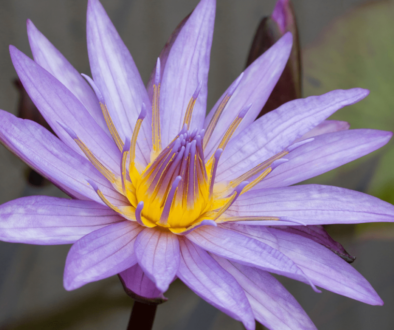Proven Natural Ways to Overcome Bronchitis Symptoms
Bronchitis, an inflammation of the bronchial tubes, can cause a persistent cough, chest congestion, and difficulty breathing. While conventional treatments can be effective, many people turn to natural remedies, such as herbs, to alleviate symptoms and speed up recovery.
Understanding Bronchitis
Bronchitis can be acute or chronic. A viral infection often causes acute bronchitis and usually resolves within a few weeks. Chronic bronchitis, on the other hand, is a long-term condition that can lead to serious health problems, such as emphysema.
Symptoms of Bronchitis
The symptoms of bronchitis can vary depending on the severity of the condition. Common symptoms include:
- Cough: A persistent cough that may produce mucus is a common symptom of bronchitis.
- Chest congestion: This can make it difficult to breathe.
- Shortness of breath: In severe cases, bronchitis can cause shortness of breath, especially when exercising.
- Wheezing: A whistling sound when you breathe, especially when exhaling.
- Fatigue: Bronchitis can make you feel tired and weak.
- Fever: A low-grade fever may be present.
Causes of Bronchitis
Bronchitis can be caused by a variety of factors, including:
- Viral infections: Viruses are the most common cause of acute bronchitis.
- Bacterial infections: Bacteria can also cause bronchitis, which is less common.
- Irritants: Exposure to smoke, pollution, or chemicals can irritate the airways and lead to bronchitis.

Risk Factors for Bronchitis
Certain factors can increase your risk of developing bronchitis, including:
- Smoking: Smoking is a significant risk factor for bronchitis.
- Exposure to irritants: Irritants such as smoke, pollution, or chemicals can increase your risk.
- Weakened immune system: A weakened immune system can make you more susceptible to infection.
- Chronic lung conditions: People with chronic lung conditions such as asthma or COPD are at increased risk of bronchitis.
Prevention of Bronchitis
While there is no surefire way to prevent bronchitis, there are some things you can do to reduce your risk:
- Avoid smoking: Smoking is a significant risk factor for bronchitis, so quitting smoking is the best way to protect your lungs.
- Avoid exposure to irritants: If you are exposed to irritants at work or home, take steps to reduce your exposure.
- Wash your hands frequently: This can help prevent the spread of viruses and bacteria.
- Get vaccinated: Vaccinating against flu and pneumonia can help protect you from these infections, which can lead to bronchitis.
Herbal Remedies for Bronchitis
Several herbs have been traditionally used to soothe coughs, reduce inflammation, and aid in the recovery from bronchitis. Here are some of the most effective:
Licorice Root: Licorice root has expectorant properties that help loosen mucus and reduce coughing. It also has anti-inflammatory properties that can help soothe irritated airways.
Marshmallow Root: Marshmallow root is a soothing herb that can help coat and protect irritated tissues in the throat and lungs. It also has expectorant properties that can help loosen mucus.
Thyme: Thyme is a powerful herb with antibacterial and anti-inflammatory properties. It can help reduce inflammation in the airways and fight infection.


Eucalyptus: Eucalyptus is a popular remedy for coughs and congestion. Its expectorant properties help loosen mucus and clear congestion in the sinuses.
Ginger: Ginger is a versatile herb with anti-inflammatory and expectorant properties. It can help soothe a cough and reduce inflammation in the airways.
Peppermint: Peppermint is a refreshing herb that can help soothe a cough and clear congestion. It also has anti-inflammatory properties that can help reduce inflammation in the airways.
How to Use Herbs for Bronchitis
Herbs can be consumed in various forms, including teas, tinctures, and capsules. Here are some tips for using herbs to treat bronchitis:
- Herbal Teas: Steeping herbs in hot water to make tea is a simple and effective way to consume them. You can combine different herbs to create a soothing and compelling blend. For example, you could combine liquorice, marshmallow, and thyme to make a tea that helps loosen mucus and soothe the throat.
- Tinctures: Tinctures are concentrated herbal extracts that can be taken orally. They are a convenient way to consume herbs, especially when you need a higher dose.
- Capsules: Herbal capsules are a convenient way to consume herbs, especially on the go.
Important Considerations
- Consult Your Doctor: Before using any herbal remedies, it’s important to consult with your doctor, especially if you have any underlying health conditions or are taking any medications.
- Pregnancy and Breastfeeding: Pregnant and breastfeeding women should avoid using herbs without consulting their doctor.
- Allergic Reactions: Some people may be allergic to certain herbs. If you experience any adverse reactions, stop using the herb and consult your doctor.
While herbs can be a helpful addition to your bronchitis treatment plan, it’s important to remember that they are not a substitute for conventional medical care. If your symptoms are severe or persistent, seeking professional medical advice is essential.
By understanding the benefits of these herbs and using them appropriately, you can alleviate symptoms and speed up your recovery from bronchitis.




